Feeling the winter chill but worried about rising energy bills? You’re not alone. At Best Electric Radiators, we understand the challenges of staying warm without breaking the bank. With 10 years of expertise in energy-efficient heating solutions, we’re here to help you enjoy a cozy winter while saving money.
Our guide combines proven strategies and expert advice to help you lower your bills and reduce your carbon footprint. Backed by trusted insights from energy organizations and our own experience in the UK heating industry, these tips are tailored for homeowners, renters, and eco-conscious individuals.
Energy Saving Tips from Experts: How to Cut Down on Electric Bill
With the UK achieving a record low in domestic energy consumption in 2023—a 6.0% decrease—it’s clear that households are adopting energy-saving measures. This trend underscores the importance of efficient heating solutions, such as electric radiators, to keep homes warm without increasing energy bills.
A quick look at the tips:
Tip 1: Heating Tips for Winter: Efficient Heating System Use
Tip 2: Insulate Windows and Doors Effectively
Tip 3: Integrate Smart Home Systems for Maximum Efficiency
Tip 4: Choose Energy-Efficient Heating Appliances,
Tip 5: Optimize Heating with Smart Electric Radiators
Tip 6: Minimise Energy Waste in the Home,
Tip 7: Use Energy-Efficient Lighting and Appliance
Tip 8: Boost Water Heater Efficiency
Tip 9: Adopt Energy-Saving Daily Habits,
Tip 10: Dress Warmly to Reduce Heating Needs,
Tip 11: Efficient Cooking and Kitchen Practices,
Tip 12: Maximising Natural Heat Sources,
Tip 13: Exploring Solar Energy Solutions,
Tip 14: Solar Water Heaters for Winter,
Tip 15: Regular Heating System Maintenance,
Tip 16: Sealing and Repairing to Prevent Heat Loss,
Tip 17: Utilising Energy-Efficient Window Treatments,
Tip 18: Use of Fans and Ventilation Smartly
Tip 19: Energy-Saving Power Strips and Devices,
Tip 20: Community Energy Saving Initiatives.
Tip 1 – Optimize Thermostat Use
Optimising your heating system settings is crucial for energy conservation, a key aspect of winter energy-saving tips. Adjusting your thermostat appropriately can significantly reduce energy usage, aligning with strategies to save energy this winter. According to a study by University College London (UCL), lowering your thermostat by 1°C (from 22°C to 18°C) can save an average household £130 annually, based on the October 2022 energy price cap. This simple change not only reduces energy usage but also contributes to a more sustainable home, aligning with key winter energy-saving strategies.
The best advice is to lower your thermostat when you’re away or asleep. Setting your home temperature to 18°C—as recommended by the Met Office for healthy adults—can keep your home comfortable while reducing energy bills. For vulnerable individuals, such as older adults or young children, slightly higher temperatures may be necessary for safety.
By gradually lowering your thermostat, monitoring comfort levels, and maintaining your heating system, you can achieve the perfect balance between warmth and savings this winter.
Tip 2 – Insulate Windows and Doors Effectively
Insulating windows and doors is crucial to winter energy-saving tips. This step is vital for heating tips for winter, as it effectively retains heat and reduces the need for excessive heating, a key strategy in how to save energy this winter. According to the UK Department for Energy Security and Net Zero, improved insulation has contributed to a long-term decrease in domestic energy consumption, making it a critical strategy for winter energy efficiency.
Affordable materials like weatherstripping and window insulator kits can significantly improve your home’s heat retention. These cost-effective solutions align with energy efficiency tips for winter, enhancing warmth without a high cost.
Focus on insulating areas with the most heat loss, especially windows and doors. Simple additions like thermal curtains or draft stoppers are practical, making this a top winter energy-saving tip and an essential part of winter home energy-saving tips.
Tip 3 – Integrate Smart Home Systems for Maximum Efficiency
Home Energy Management Systems (HEMS) are a proven way to optimize energy usage and reduce electricity bills. Real-life studies show that HEMS can lower energy consumption by up to 30% during winter, even for households that prioritize comfort. These systems work by connecting to a smart grid, shifting energy use to off-peak hours, and minimizing high-consumption periods. These systems not only help conserve energy but also provide flexibility, allowing households to balance comfort, savings, and sustainability effectively.
Tip 4 – Choose Energy-Efficient Heating Appliances
Selecting the right heating appliances is crucial for effective winter energy bill savings. Energy-efficient heaters and radiators, like electric radiators, are key to reducing energy consumption while maintaining a warm home, aligning with heating tips for winter.
When comparing heater types, looking at their energy efficiency is important. Electric radiators are often more efficient than other types, such as gas or oil heaters. Here’s a more detailed comparison table to illustrate this:
| Heater Type | Energy Efficiency | Operating Cost | Heat Distribution |
| Electric Radiator | High | Lower | Even and Direct |
| Gas Heater | Medium | Moderate | Variable |
| Oil Heater | Low | Higher | Inconsistent |
This table shows that electric radiators have high energy efficiency and offer lower operating costs and better heat distribution, making them an ideal choice for energy efficiency tips for winter.
Invest in an electric radiator with adjustable settings and timers. This allows you to tailor heating to your needs, ensuring efficient energy use and aligning with home energy saving tips for winter.
Tip 5 – Optimize Heating with Smart Electric Radiators
Using electric radiators is an excellent strategy in winter energy saving tips. Electric radiators are highly efficient, converting 99.9% of the energy they consume into heat, ensuring minimal energy waste. Proper placement and settings are key to maximising their performance, an essential part of heating tips for winter.
For optimal performance, place electric radiators in areas where heat distribution can be maximised without obstruction. Adjusting the settings to suit your daily routine can also enhance efficiency, a crucial aspect of how to save energy this winter.
Regularly maintain your electric radiator and update its settings according to seasonal changes. This ensures consistent performance and aligns with energy efficiency tips for winter.
Expert Tip: Upgrade to electric radiators with smart controls and zoned heating capabilities. These features let you customise schedules and heat only occupied spaces, ensuring maximum efficiency and cost savings without sacrificing comfort.
Check our collection of electric radiators.
Tip 6 – Minimise Energy Waste in the Home
Identifying and addressing common sources of energy waste is crucial for winter energy saving tips. Simple changes in daily habits can significantly reduce unnecessary energy use, a key aspect of heating tips for winter.
To reduce energy waste, focus on habits like turning off lights when not in use, using energy-efficient bulbs, and unplugging appliances when not needed. These small changes can have a big impact on your energy consumption, an important part of how to save energy this winter.
Conduct an energy audit of your home. This helps identify specific areas where you can improve efficiency, perfectly aligning with home energy saving tips for winter.
Tip 7 – Use Energy-Efficient Lighting and Appliance
Switching to energy-saving light bulbs and appliances is a key winter energy saving tip. These products consume less power, significantly reducing your home’s energy usage, a crucial aspect of heating tips for winter.
Residential LEDs—especially ENERGY STAR-rated products—use at least 75% less energy and last up to 25 times longer than incandescent lighting.
Widespread use of LED lighting has the potential to make a significant impact. By 2035, the majority of lighting installations are anticipated to use LED technology, and energy savings from LED lighting could exceed 569 TWh annually, equivalent to the annual energy output of more than 92 power plants.
Reducing standby power consumption is another effective strategy. Many appliances continue to use energy even when they’re turned off. Unplugging devices or using smart power strips can prevent this, contributing to energy efficiency tips for winter.
Tip 8 – Boost Water Heater Efficiency
Enhancing water heating efficiency is key to winter energy-saving strategies. Implement these five methods to cut down on the energy needed to heat water, a crucial element in heating tips for winter:
- Insulate your water heater and pipes.
- Use low-flow showerheads and faucets.
- Set the water heater temperature to an efficient level.
- Regularly maintain your water heater.
- Consider upgrading to a more energy-efficient water heater model.
Low-flow fixtures conserve water and reduce the energy demand for heating, aligning seamlessly with energy efficiency tips for winter. Keep a close eye on and maintain your water heating system regularly. This ensures it operates at peak efficiency, a cornerstone of home energy-saving tips for winter.
Tip 9 – Adopt Energy-Saving Daily Habits
Adopting energy-saving habits is essential for winter energy saving tips. Small daily changes can lead to significant energy savings, an important part of heating tips for winter.
Encouraging a household culture of energy awareness and conservation can have a substantial impact on reducing overall energy consumption, aligning with how to save energy this winter.
Practical lifestyle changes, like turning off lights when leaving a room, using energy-efficient appliances, and reducing water usage, contribute to energy efficiency tips for winter.
Tip 10 – Dress Warmly to Reduce Heating Needs
A winter energy-saving gem: wear the right winter clothing. It’s a simple yet powerful strategy, ensuring your comfort without overloading on central heating—a key move in heating tips for winter.
Dressing in layers isn’t just a style choice; it’s a smart energy move. Adjust your warmth easily, syncing perfectly with energy efficiency tips for winter.
Keep your home a bit cooler and dress accordingly. This slashes heating needs and trims down energy consumption, a must-know in-home energy saving tips for winter. Stay cosy, save energy—win-win.
Tip 11 – Efficient Cooking and Kitchen Practices
Efficient cooking is a cornerstone of winter energy-saving tips. Utilising tools like pressure cookers speeds up cooking and trims down energy use—a perfect match for heating tips in winter. Consider these six kitchen practices for optimal energy efficiency:
- Using pressure cookers for swift cooking.
- Choose microwave ovens for smaller meals.
- Keeping pot lids on to preserve heat.
- Matching burner sizes to pot dimensions.
- Defrosting food before cooking.
- Batch cooking and reheating meals.
Regularly maintain and clean your appliances. This ensures they run efficiently, aligning with energy efficiency tips for winter and contributing to overall home energy-saving tips for winter. Efficient cooking is a tasteful way to save energy and hassle!
Tip 12 – Maximise Natural Heat Sources
Harnessing natural heat sources, like sunlight, is a crucial winter energy-saving tip. Setting up your home to capture this natural warmth is key to reducing dependence on artificial heating—a vital move in heating tips for winter. Consider these tips for arranging furniture to enhance natural warmth:
- Place seating near windows with sunlight.
- Use light-coloured curtains to reflect light.
- Keep windows clean for maximum sunlight.
- Arrange furniture for optimal air circulation.
- Use rugs on cold floors for insulation.
- Avoid blocking radiators or vents with furniture.
Embrace the simplicity of opening curtains during sunny days to welcome warmth and closing them at night to retain heat. It’s a small yet effective winter energy-saving tip that keeps you cosy without extra heating costs.
Tip 13 – Consider Solar Energy Solutions
Considering solar panels for home heating is an innovative winter energy saving tip. Solar energy can provide significant savings over time, aligning with energy efficiency tips for winter. When evaluating solar solutions, consider the following options: By 2015, companies like SolarCity and Panasonic announced efficiencies exceeding 22%. As of 2023, most commercial panels achieve 17%–20% efficiency, with cutting-edge research pushing efficiency close to 50%.
- Initial installation costs versus long-term savings.
- Suitability of your home for solar panel installation.
- Potential government incentives or rebates.
Consult with a solar energy expert to understand the best options for your home, ensuring alignment with home energy saving tips for winter.
Tip 14 – Use Solar Water Heaters for Winter
Looking ahead in winter energy-saving, consider incorporating solar water heating into your system. It’s a forward-thinking tip that brings efficiency to the forefront and plays a pivotal role in heating tips for winter.
The advantages of solar water heaters are substantial. Not only do they lead to reduced energy bills, but they also contribute to a lower carbon footprint. Long-term reliability and savings are additional perks, making them a wise investment in your winter energy strategy.
Keep your solar water heater in top shape through regular maintenance. This ensures optimal performance, aligning seamlessly with energy efficiency tips for winter. Embrace the sun’s power to heat your water and save energy and costs.
Tip 15 – Maintain Your Heating System Regularly
It’s important to keep your heating system working well to save energy in the winter. Doing simple checks and knowing when to call for help can stop big problems and ensure your heating works well.
Remember to get a heating expert to check your system every year before winter starts. Doing this early means your heating will be all set for the cold months. This is a smart way to save energy at home during winter.
Tip 16 – Seal and Repair Your Home to Stop Heat Loss
Maintaining seals and insulation in your home is crucial for effective energy conservation, especially during winter. Proper sealing and insulation act as a barrier, keeping the cold air out and the warm air in. This is vital in preventing heat loss through gaps in windows, doors, and even walls.
When your home is well-sealed and insulated, your heating system doesn’t have to work as hard to maintain a comfortable temperature, leading to reduced energy consumption and lower heating bills.
Tip 17 – Utilise Energy-Efficient Window Treatments
Enhance your home’s heating efficiency with the right window treatments. Opt for thermal window coverings or insulated cellular shades. These options trap heat effectively, keeping your home cosy. Ensure they fit well, covering the entire window as a thermal barrier against the cold. This retains heat and adds a stylish element to your winter décor.
Tip 18 – Use of Fans and Ventilation Smartly
Using smart ventilation systems and ceiling fans correctly can significantly boost your home’s energy efficiency in winter. Adjust your ceiling fan to distribute warm air evenly, preventing it from rising.
Open windows at the right time for fresh air without losing too much heat. Use exhaust fans minimally to avoid letting out warm air. An air purifier can also help keep the air fresh without cooling your home.
Tip 19 – Save Energy in Your Household With a Smart Power Strip
Installing a smart power strip is a simple and effective way to reduce energy waste and save money in your home. Unlike traditional power strips, smart power strips detect when devices are in standby mode and cut off power to prevent “vampire loads”—the energy consumed by electronics even when they’re turned off or in sleep mode.
Devices like smart TVs, laptops, and cable boxes are common culprits of vampire loads, but a smart power strip can automatically shut them down when they’re not in use. Place smart power strips in areas like your home office or entertainment center to easily eliminate unnecessary energy usage and boost household efficiency.
Take a look at this simple and informative infographic from NREL to help you choose the perfect smart power strip for your home.
Tip 20 – Join Community Energy Initiatives for Savings
Getting involved in local energy-saving programs helps you and your community be more eco-friendly. Go to local workshops and energy audits to learn new tips that work well in your area.
Share what you know about saving energy with your neighbours and learn from them too. This helps everyone think more about using less energy. Joining local clean energy projects also helps reduce the whole community’s environmental impact.
By being active in these programs, you help make a bigger difference in making your community greener and more sustainable.
Final Wrap: Embracing Winter Energy Saving Tips
Saving energy is more than just about keeping warm; it’s about smart, eco-friendly living. Our tips help you stay cosy while being kind to the planet.
Every home has unique needs; we understand that at Best Electric Radiators. If you’re considering the best electric radiators for your space, we’re here to offer tailored advice.
Our team specialises in creating plans that suit your specific requirements. Are you looking to make your winter warmer and your energy bills lower?
Visit us at Best Electric Radiators. We’re ready to assist you in optimising your home’s energy efficiency. Let’s work together for a comfortable, cost-effective, and environmentally friendly winter.
FAQs on Winter Energy Saving Tips
How Should You Heat Your House in Winter?
Electric radiators are recommended for efficient heating in winter because they provide targeted efficiency. Unlike traditional heating systems, electric radiators convert almost all their energy into heat.
What Is the Most Efficient Way To Heat?
The most efficient way to heat is often through electric radiators. They are energy-efficient, using less energy compared to traditional heating systems. This can lead to lower bills and a smaller carbon footprint. Electric radiators provide effective, targeted heating, making them an efficient choice.
Can smart controls really help cut down on my electric bill?
Yes, smart controls like Wi-Fi-enabled electric radiators let you manage heating remotely and monitor usage. They prevent energy waste by ensuring heating is only active when and where it’s needed, which directly lowers electricity bills.
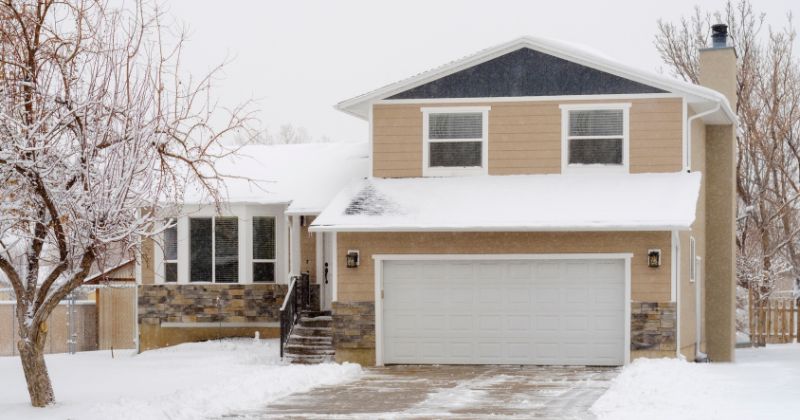


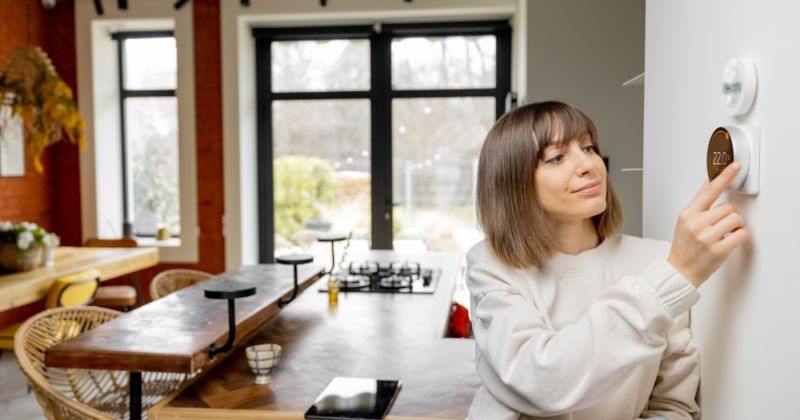
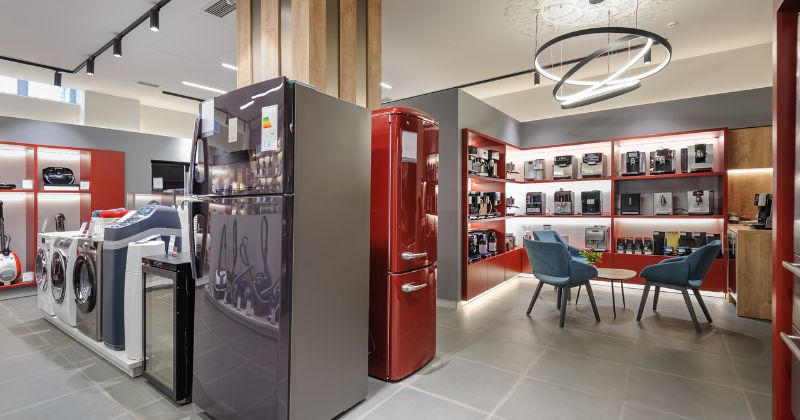


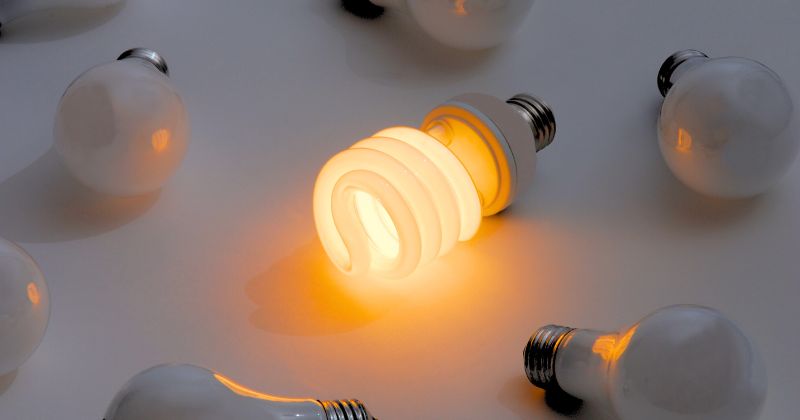
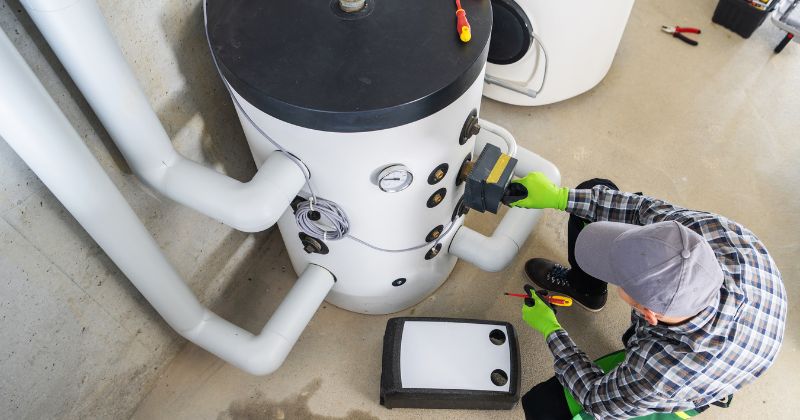
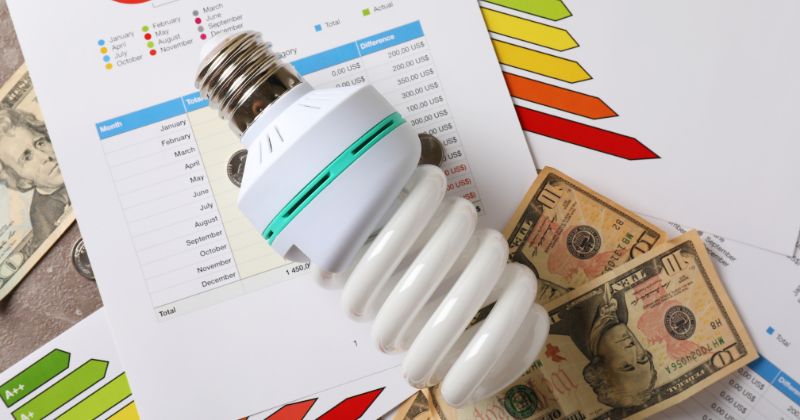
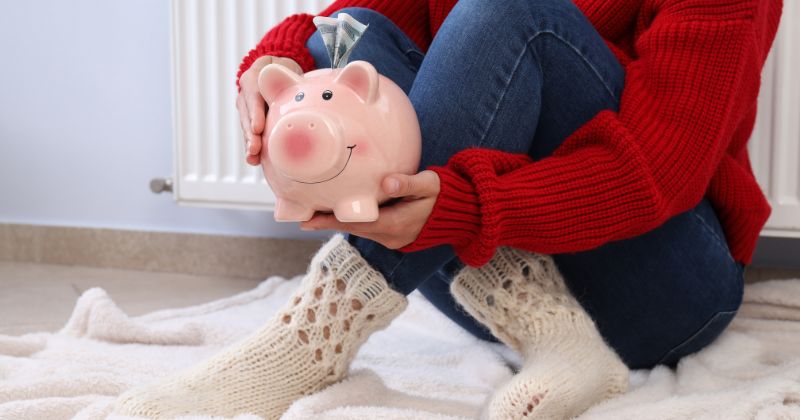
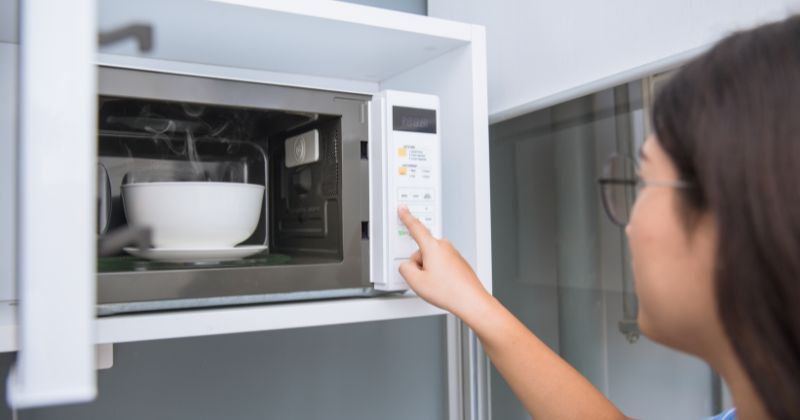
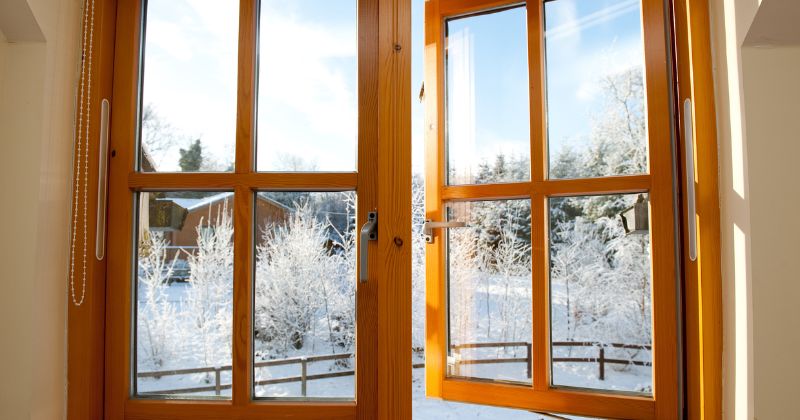
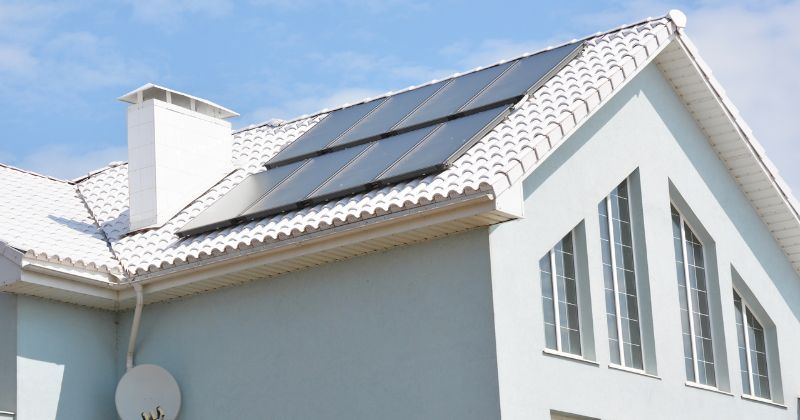
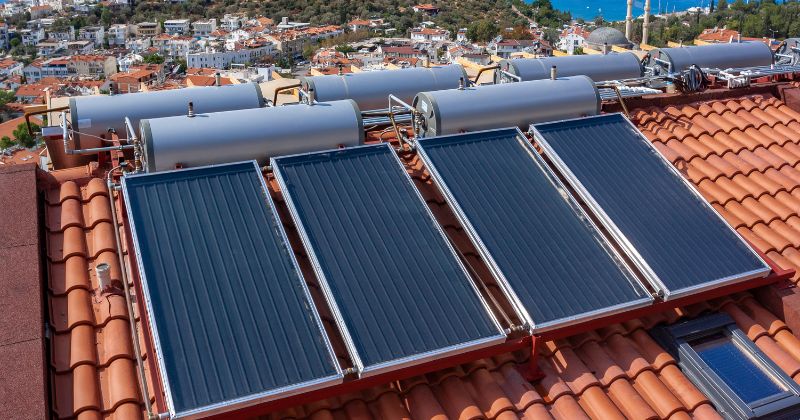
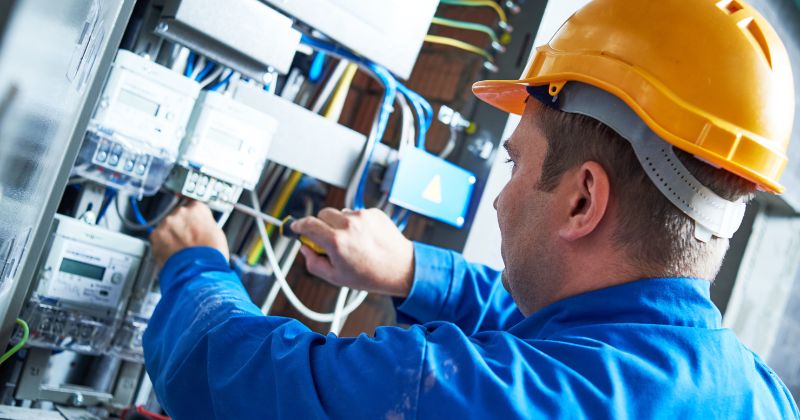
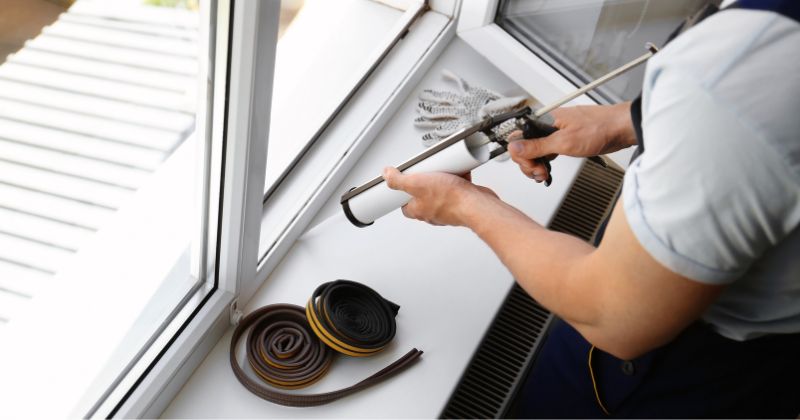
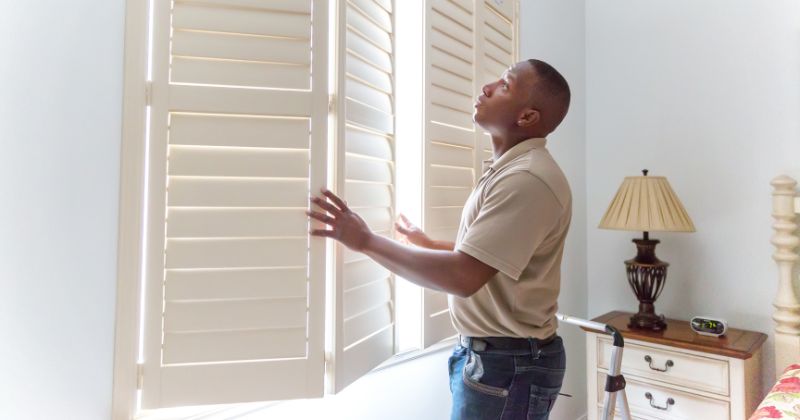

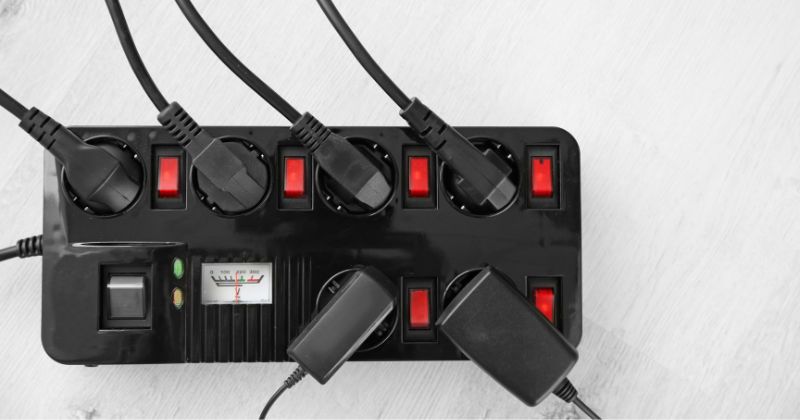
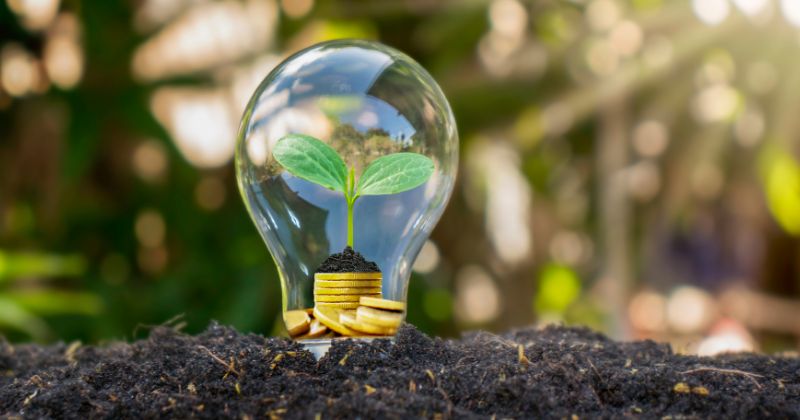



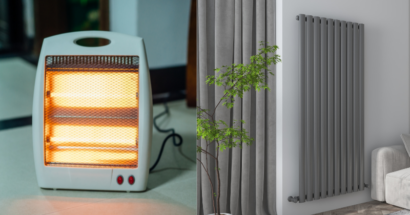

Leave a Reply